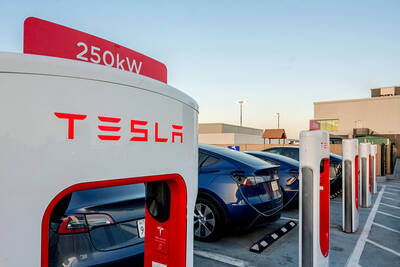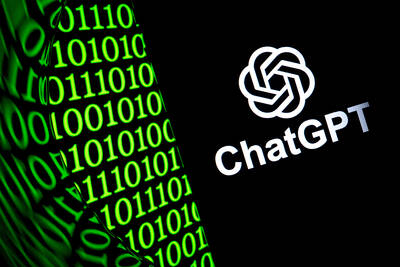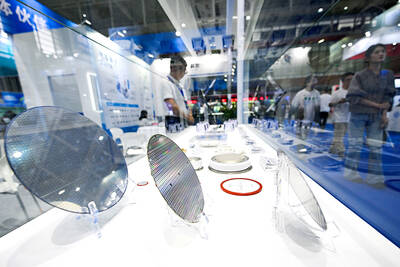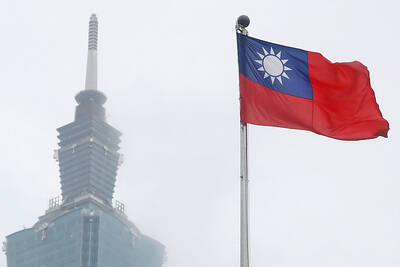Yahoo Inc is cutting about 400 positions at its Bangalore, India, offices and is offering more than 40 percent of affected employees jobs in the US, a person familiar with the matter said.
About 1,100 people were working in Bangalore, according to the person. The shift is part of chief executive officer Marissa Mayer’s effort to bring teams together to improve the quality of Yahoo’s products, the person said.
“As we ensure that Yahoo is on a path of sustainable growth, we’re looking at ways to achieve greater efficiency, collaboration and innovation across our business,” the company said in an e-mailed statement. “We’re making some changes to the way we operate in Bangalore leading to consolidation of certain teams into fewer offices. Yahoo will continue to have a presence in India and Bangalore remains an important office.”
Mayer, who oversaw more than 12,000 employees globally as of June, is seeking more efficiencies at Yahoo as she looks to invest in services to drive more revenue.
Mayer, who has been working to turn around the Web portal since July 2012, faces increasing pressure to reveal how she plans to shore up its core online advertising business.
Last month, activist investor Starboard Value LP urged Yahoo to stop making acquisitions and to consider breaking itself up or combining with AOL Inc.
So far, Mayer’s efforts have failed to narrow the company’s gap in online advertising with Google Inc and Facebook Inc Sales, excluding revenue shared with partner Web sites, declining 2.9 percent to US$1.04 billion in the latest quarter.

NEW IMPORTS: Car dealer PG Union Corp said it would consider introducing US-made models such as the Jeep Grand Cherokee and Stellantis’ RAM 1500 to Taiwan Tesla Taiwan yesterday said that it does not plan to cut its car prices in the wake of Washington and Taipei signing the Agreement on Reciprocal Trade on Thursday to eliminate tariffs on US-made cars. On the other hand, Mercedes-Benz Taiwan said it is planning to lower the price of its five models imported from the US after the zero tariff comes into effect. Tesla in a statement said it has no plan to adjust the prices of the US-made Model 3, Model S and Model X as tariffs are not the only factor the automaker uses to determine pricing policies. Tesla said

OpenAI has warned US lawmakers that its Chinese rival DeepSeek (深度求索) is using unfair and increasingly sophisticated methods to extract results from leading US artificial intelligence (AI) models to train the next generation of its breakthrough R1 chatbot, a memo reviewed by Bloomberg News showed. In the memo, sent on Thursday to the US House of Representatives Select Committee on China, OpenAI said that DeepSeek had used so-called distillation techniques as part of “ongoing efforts to free-ride on the capabilities developed by OpenAI and other US frontier labs.” The company said it had detected “new, obfuscated methods” designed to evade OpenAI’s defenses

China’s top chipmaker has warned that breakaway spending on artificial intelligence (AI) chips is bringing forward years of future demand, raising the risk that some data centers could sit idle. “Companies would love to build 10 years’ worth of data center capacity within one or two years,” Semiconductor Manufacturing International Corp (SMIC, 中芯) cochief executive officer Zhao Haijun (趙海軍) said yesterday on a call with analysts. “As for what exactly these data centers will do, that hasn’t been fully thought through.” Moody’s Ratings projects that AI-related infrastructure investment would exceed US$3 trillion over the next five years, as developers pour eye-watering sums

Bank of America Corp nearly doubled its forecast for the nation’s economic growth this year, adding to a slew of upgrades even after a rip-roaring last year propelled by demand for artificial intelligence (AI). The firm lifted its projection to 8 percent from 4.5 percent on “relentless global demand” for the hardware that Taiwanese companies make, according to a note dated yesterday by analysts including Xiaoqing Pi (皮曉青). Taiwan’s GDP expanded 8.63 percent last year, the fastest pace since 2010. The increase “reflects our sustained optimism over Taiwan’s technology driven expansion and is reinforced by several recent developments,” including a more stable currency,